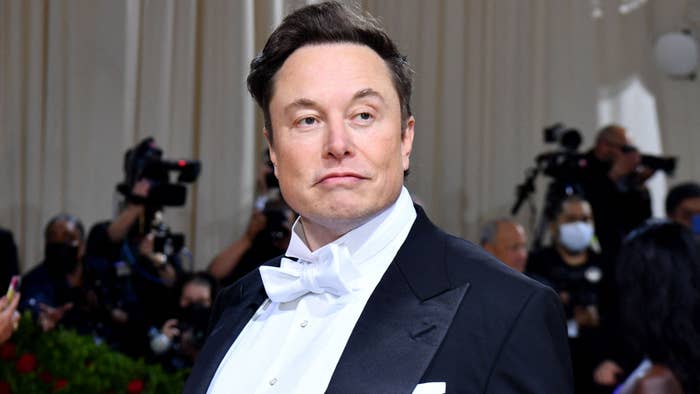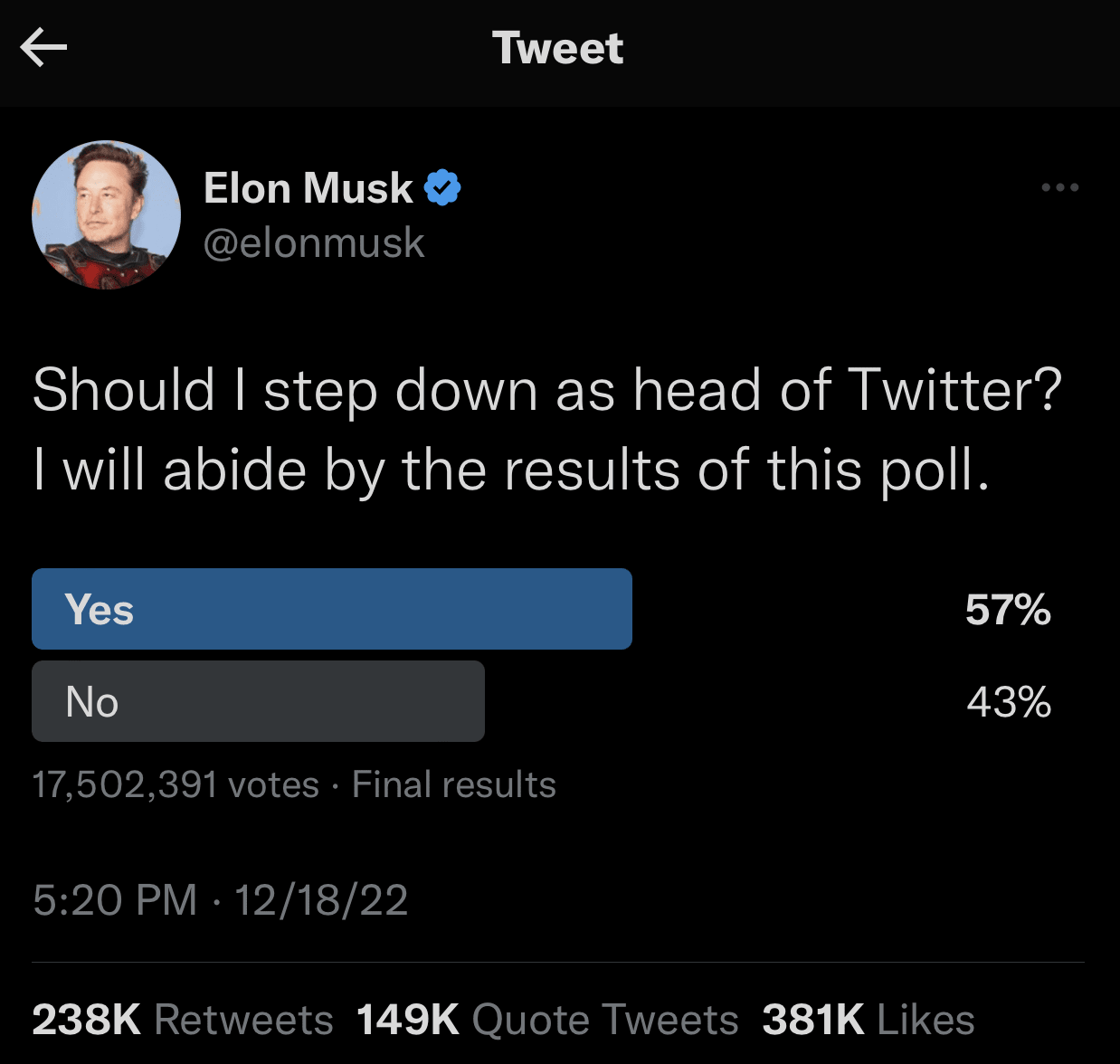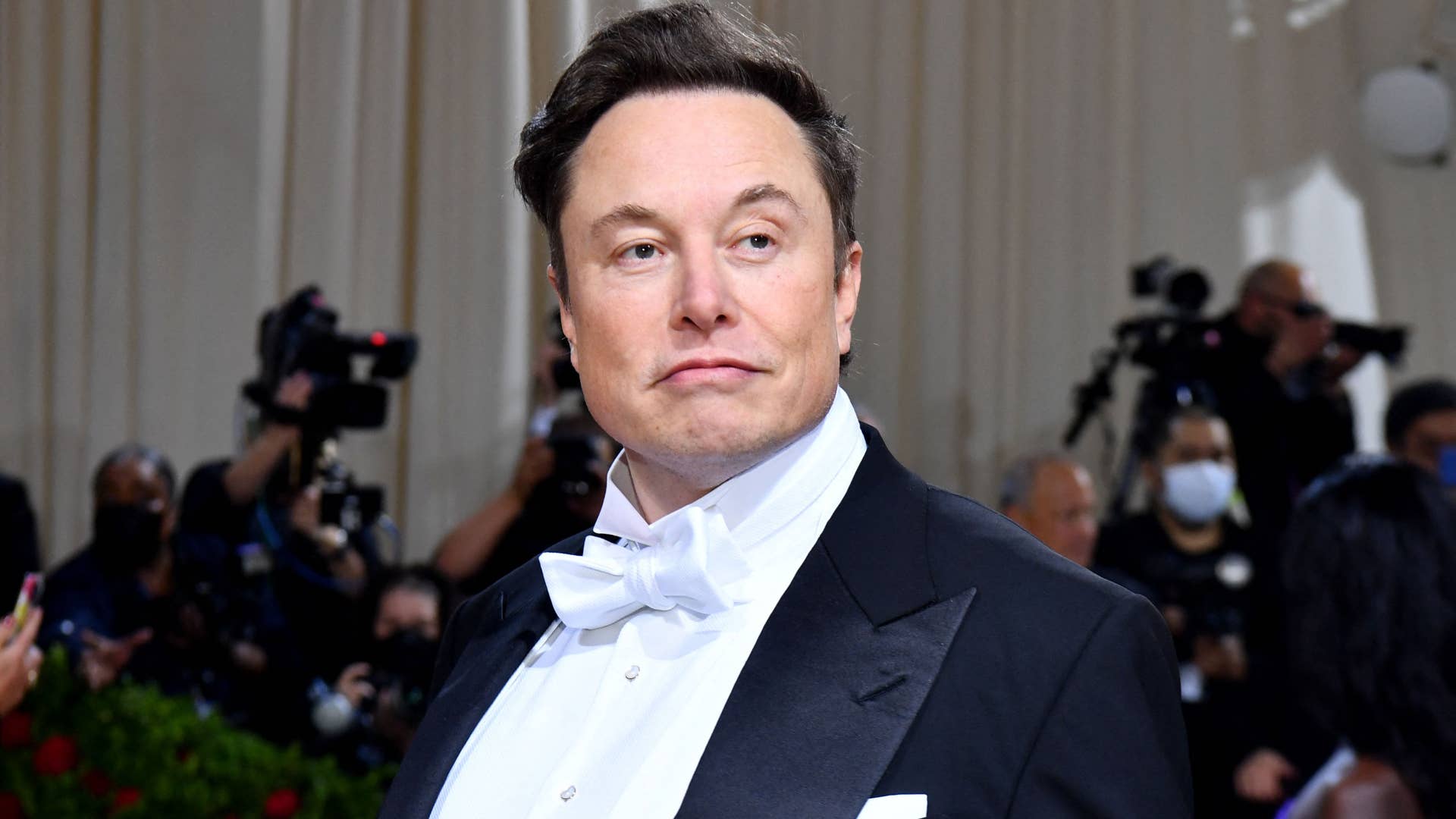
As made clear in the early days of the Elon Musk era of Twitter, the platform’s unique status among social media offerings is changing rapidly, with many longtime users expressing mounting frustrations over looming changes.
This has been coupled, of course, with a shared feeling of grief brought on by the realization that Twitter (or at least Twitter as we’ve come to know it since its initial launch way back in 2006) could very well be in its final days.
While the hectic firestorm surrounding this incarnation of Twitter continues to grow by the day, we’ve taken a look at what all has happened in the months since the Tesla CEO and SpaceX founder first floated the idea of buying Twitter, as well as speculate on what could be next for the platform.
In a letter included in a securities filing, Musk made an offer and called on Twitter to be “transformed as a private company.” At the time, Musk offered to buy 100 percent of Twitter at a price of $54.20 per share in cash.
“I invested in Twitter as I believe in its potential to be the platform for free speech around the globe, and I believe free speech is a societal imperative for a functioning democracy,” Musk said in his letter to then-Chairman of the Board Bret Taylor. “However, since making my investment I now realize the company will neither thrive nor serve this societal imperative in its current form. Twitter needs to be transformed as a private company.”
Closing out the letter was a remark from Musk about Twitter’s “extraordinary potential,” which he said he would “unlock” with this offer.
A big talking point for Musk and his supporters has been what they describe as “free speech,” with Musk himself having pointed to this idea in several statements, including the tweeted ones below. In an open letter to Twitter advertisers months later, Musk would add that he “didn’t [buy Twitter] to make more money” but instead did so “to try to help humanity.”
Also in April, Twitter Inc. announced that it had entered into a definitive agreement to be acquired by an entity owned by Musk.
In May, Musk tweeted that the deal had been placed “temporarily on hold” over disagreements about spam account statistics. Also in May, Musk was reported to have been sued by Twitter shareholders who alleged stock manipulation, among other things.
Coverage more firmly entered shitshow territory upon word in June that Musk was threatening to fully back out of the deal. In short, Musk had an issue with data on bots, specifically alleging that certain information was being withheld.
“If Twitter is confident in its publicized spam estimates, Mr. Musk does not understand the company’s reluctance to allow Mr. Musk to independently evaluate those estimates,” lawyers said in a letter included in an SEC filing that month.
Following news of Musk’s deal-ending threat, former POTUS and Apprentice host Donald Trump mocked the Tesla CEO (a self-described “moderate”) by referring to him as “another bullshit artist” during a rally.
This resulted in a back-and-forth between the two, including a follow-up from Trump in which he further mocked Musk over the deal (as well as his “rocketships to nowhere”) and alleged that Musk had told him he was, quote, “a big Trump fan and Republican.”
Of note here is that Musk has said in the past that he believes Trump’s Twitter account (which was met with a permanent suspension over the fatal Capitol riot last year) “should be restored.”
Musk, to signal the then-impending officiality of his takeover, entered the Twitter offices in late October while carrying a sink.
Shortly after, the Associated Press and others reported that Musk had indeed taken control of the company, with an AP piece at the time further noting that he had also fired multiple execs including CEO Parag Agrawal.
An ubiquitous question surrounding the takeover, expectedly, was: How, exactly, is Musk paying for all of this?
A Reuters breakdown of Musk’s $44 billion financing plan said that $13 billion was derived from loans against Twitter, while $33.5 billion was derived from equity financing, with $2.5 billion of that being attributed to closing costs. According to TMZ, Diddy was among the investors who assisted Musk in the deal, with the outlet alleging that Diddy had invested more than $10 million.
This is the part where Stephen King, master of horror, gets involved.
First, a report from the Verge started making the rounds, namely its claim that currently verified Twitter users would be given 90 days “to subscribe [to Twitter Blue] or lose their blue checkmark.” In other words, verification would cost $20.
This news, which was coupled with word that employees were allegedly being required to meet a swift deadline for the change’s rollout, was met with widespread criticism. Additionally, many questioned how such a tweak could be implemented, particularly highlighting how charging for verification isn’t the for-the-people it’s been purported to be.
King was among the most vocal of critics, later noting that it wasn’t the amount of money (King is good in that department, after all) but instead the principle of the thing. Still, Musk responded to King’s criticism by instead proposing an $8 fee.
Trevor Noah was also critical, saying in a Daily Show monologue referencing the reported rise in hate speech on the platform (more on that below) that Musk should instead “charge white people to say the n-word.”
Details on how all of this would work have thus far remained fairly murky, with many having expressed concerns over a free-for-all approach to verification, particularly when it comes to the spread of misinformation. As for what else to expect with the new Twitter Blue, less ads and higher tweet visibility have both been mentioned.
The wide launch of the fee and related changes was ultimately delayed.
In a Montclair State University study, per CBS News, researchers found that hate speech increased on the platform following Musk’s acquisition.
“Results conclusively showed that there was an immediate spike in tweets using one or more of the analyzed hate terms in the period leading up to Musk taking over the company,” researchers said in the study, available to read in full here.
A separate stat from the Network Contagion Research Institute, meanwhile, showed that use of the n-word on Twitter increased nearly 500 percent over a 12-hour period when compared with the previous average.
Noah addressed this figure in his aforementioned Daily Show monologue, as did NAACP president Derrick Johnson when sharing a statement about a meeting that took place with Musk.
“The NAACP met with Elon Musk to express our grave concerns with the dangerous, life-threatening hate, and conspiracies that have proliferated on Twitter under his watch,” Johnson said. “According to a report, hate speech increased by approximately 500% in the first 12 hours following his acquisition. Now let that sink in. Nazi memes, racial slurs, and extreme far-right propaganda do not belong in the ‘town square’ of any democracy or online platform. Taking the necessary actions is not rocket science, but failing to do so will put human lives at risk and further unravel our democracy.”
Moving forward, Musk said in a tweet in November, accounts “engaging in impersonation without clearly specifying ‘parody’ will be permanently suspended.”
Additionally, Musk added, such suspensions would be instituted without warning. Furthermore, “any name change at all” would result in one’s verification being temporarily pulled.
Comedian Kathy Griffin has been suspended from the platform, apparently permanently. Others reported to have had some form of action taken against their account include Sarah Silverman and Rich Sommer, among others. As these developments started to stack up, many on Twitter were quick to not only mock Musk but to also pull up some of his prior remarks about “free speech” and a recent tweet about “legal” comedy.
As part of a larger cost-cutting effort, Bloomberg reported in early November, Musk was said to be planing to eliminate an estimated 3,700 jobs. This figure represented approximately half of the company’s workforce at the time. Previously, it had been claimed that Musk had told investors he planned to cut as much as 75 percent of the workforce.
Confusingly, again per Bloomberg, Twitter was later reported to have asked “dozens” of newly fired workers to return to their positions. According to the report, some of those fired had been mistakenly let go, while others’ roles were (allegedly) retroactively realized to be crucial.
Twitter co-founder Jack Dorsey later responded to the firings, spurring immediate reminders of his past Musk-pushing remarks. The layoffs have also inspired legal action to be taken.
Likely coming as a surprise to no one, the Musk era of Twitter has seen the Tesla and SpaceX CEO showing an increasing amount of support for far-right ideologists.
While Musk (who in November of this year said he would support Florida Governor Ron DeSantis in a presidential race) has argued at multiple points that he falls more in the center when it comes to political matters, his behavior—including, most recently, on Twitter—paints a different picture.
Experts on far-right extremism have taken note of Musk’s recent social media approach, including by way of delivering comments to Insider as part of an investigative report into the site’s shift.
“I think he’s intentionally empowering right-wing extremists,” extremism researcher and writer J.M. Berger told the outlet in December, adding that any attempt at positing Musk’s politics-related moves as what Musk has purported them to be (i.e. centrism) amounts to “bullshit.”
Musk himself has also used his own platform to give voice to right-wing disinformation. Furthermore, Twitter was confirmed earlier this year to no longer be enforcing its COVID-19 misinformation policy despite the pandemic still being very much still in progress.
The latter issue has remained a consistent one in the larger Musk story, including online attacks directed at Dr. Anthony Fauci.
Dude got booed. Big time.
As presumably everyone who even remotely pays attention to Twitter has seen by now, Musk was brought out by Dave Chappelle during a December tour stop in San Francisco, spurring filmed boos (see below) and some questionable audience interfacing from the headliner.
“Don’t say nothing,” Chappelle told Musk at one point before directing his attention to the crowd. “It’ll only spoil the moment. Do you hear that sound, Elon? That’s the sound of pending civil unrest. I can’t wait to see which store you decimate next, motherfucker. You shut the fuck up with your boos.”
Elsewhere, Chappelle made light of the Twitter employees who had been fired in the wake of Musk’s takeover.
See a good chunk of the widely discussed moment below.
Polls have been a frequent source of annoyance on Twitter as of late. None of them, however, have likely been presented with such claimed high-level stakes as this one launched by Musk in December.
“Should I step down as head of Twitter?” Musk asked in a poll shared on Dec. 18, adding that he would “abide by” the final results. Ultimately, over 57 percent of responders (the total number of which exceeded 17 million people) voted in favor of Musk stepping down.

It remains unclear whether the poll should be treated with any level of seriousness. Subsequent reports, including this one from CNBC, posited that Musk was actively looking for his replacement at Twitter, although a response from Musk to that particular report seemingly suggested this was potentially not the case.
Meanwhile, Snoop Dogg was also thrust into the mix by his own design. In his poll, Snoop asked fans if he should take on the CEO role instead.
If the early days of the Musk era are any sign, then the increasingly chaotic nature of the current Twitter experience is likely to continue.
In the meantime, plenty of speculation has started to bubble up as to what Twitter may be planning to announce next. Per the New York Times, for example, Twitter has been working on the potential implementation of a feature that would charge users to send DMs to certain public figures.
There has also been talk of possibly rolling out paywalled video content, a la OnlyFans.
Speaking more generally, it’s hard to say what’s next, either in the immediate sense or when looking at the long-term picture. Readers have likely noticed several users on their respective timelines threatening to leave the platform entirely, with other services like Mastodon getting repeated mentions as potential alternatives.
The truth, however, is that there is not yet a clear and wholly comparable alternative to Twitter. Thus, most of us will likely go down with the proverbial ship if that day comes.



